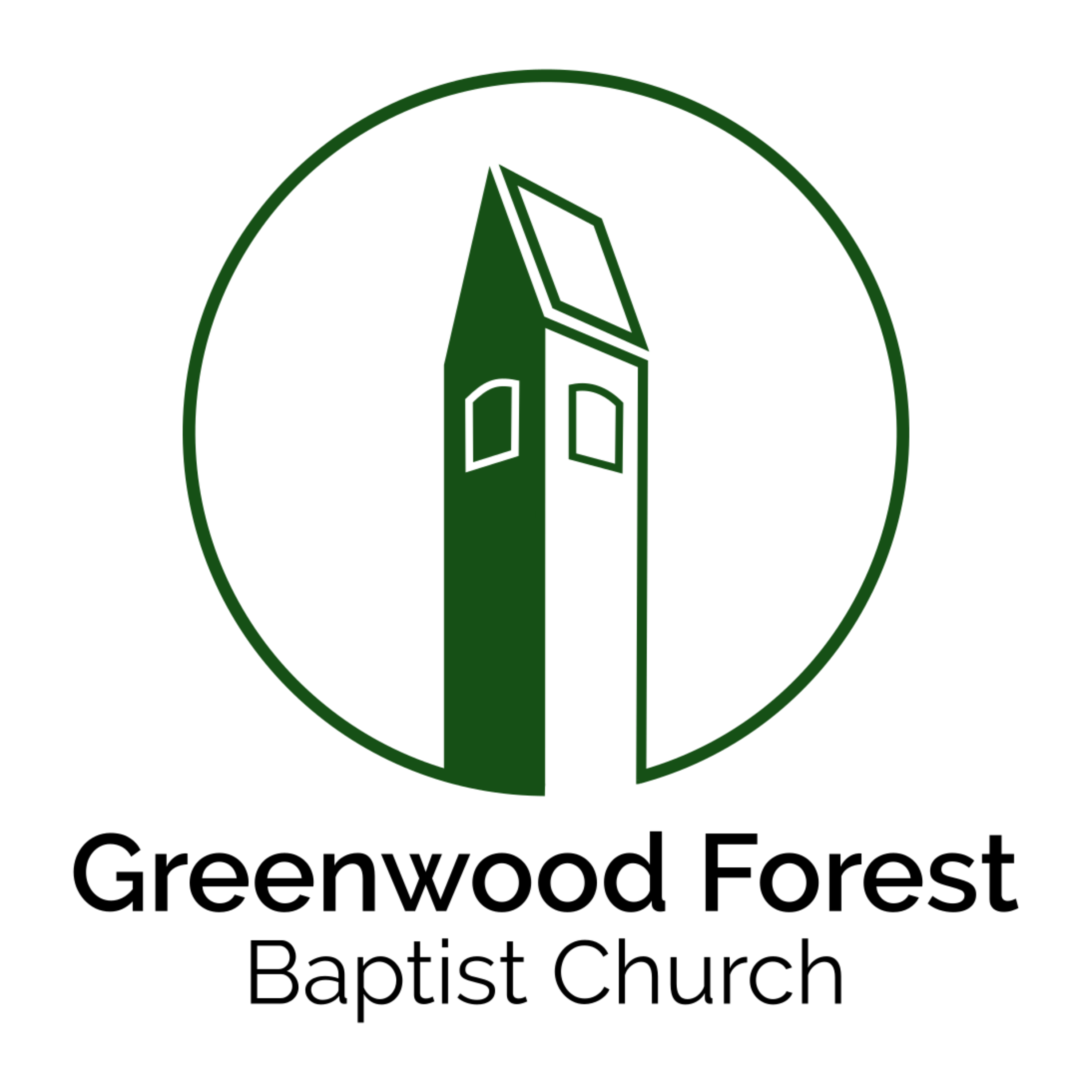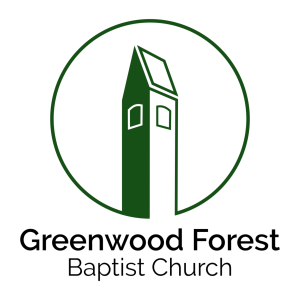
3.1K
Downloads
206
Episodes
This is the sermon feed for Greenwood Forest Baptist Church, a progressive and inclusive baptist church in Cary, NC. We are glad you have found your way to our sermon podcast. We welcome you to join us in person if you find this podcast compelling!
This is the sermon feed for Greenwood Forest Baptist Church, a progressive and inclusive baptist church in Cary, NC. We are glad you have found your way to our sermon podcast. We welcome you to join us in person if you find this podcast compelling!
Episodes

Tuesday Oct 29, 2024
Wisdom of the Spirit
Tuesday Oct 29, 2024
Tuesday Oct 29, 2024
Rev. Racquel Gill's sermon on 1 Corinthians 2

Thursday Oct 24, 2024
The Wisdom of the Cross
Thursday Oct 24, 2024
Thursday Oct 24, 2024
Rev. Al Whitehouse's sermon on 1 Corinthians 1:18-31

Sunday Oct 20, 2024
The Wisdom of Justice
Sunday Oct 20, 2024
Sunday Oct 20, 2024
Rev. Dr. Mykal Brickhouse preaches on Amos 5

Monday Oct 07, 2024
Wisdom of Valor
Monday Oct 07, 2024
Monday Oct 07, 2024
Rev. Amanda Warren's sermon on Proverbs 31, week 4 of Wisdom Crying Out in our Streets

Monday Oct 07, 2024
Wisdom of a Good Life
Monday Oct 07, 2024
Monday Oct 07, 2024
Luke Perrin's sermon on James 3:13-4:3, 7-8a, week 3 of Wisdom Crying Out in the Streets

Monday Oct 07, 2024
Wisdom of Resistance
Monday Oct 07, 2024
Monday Oct 07, 2024
Katie Mangum's sermon on Esther. Week 2 of Wisdom Crying Out in the Streets

Monday Oct 07, 2024
Wisdom at the City Gate
Monday Oct 07, 2024
Monday Oct 07, 2024
Rev. Efird's sermon on Proverbs 1:20-33, the first in our Wisdom Crying Out in the Streets series

Tuesday Sep 03, 2024

Tuesday Sep 03, 2024
When Angels Speak of Love
Tuesday Sep 03, 2024
Tuesday Sep 03, 2024
Rev. Efird's sermon on Genesis 32:22-32

Thursday Aug 22, 2024
